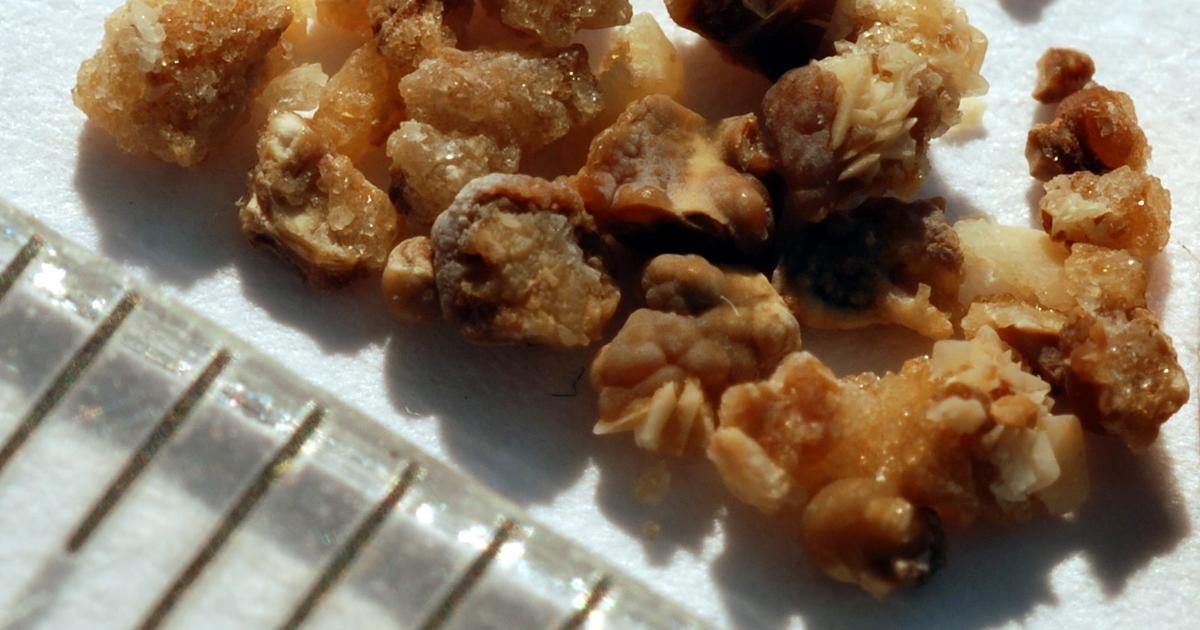What Causes Kidney Pain?
The kidneys are the bean-shaped organs located in the middle of the back on either side of the spine. Kidneys contain thousands of tiny filters that remove substances from the blood for secretion in the urine. Kidneys are also responsible for the production of hormones that manage red blood cell production, blood acidity, and blood pressure. The kidneys also produce hormones that regulate the metabolism of electrolytes, including sodium, potassium, and calcium. Kidney pain can be hard to distinguish from the pain that occurs due to nerve damage, spinal conditions, and muscular problems. Kidney pain can present on one or both sides, just underneath the ribs, often in the back. Symptoms that may accompany kidney pain include painful urination, nausea, fever, and vomiting.
Kidney pain can be caused by any one of numerous conditions. To pinpoint the cause of kidney pain MRIs and CT scans of the pelvis and abdomen may be utilized. Keep reading to understand the most common causes of kidney pain now.
Kidney Stones

Kidney pain can often be the result of kidney stones, which are hard, mineral and salt-containing deposits that develop inside of the kidney. Kidney stones can occur when an individual's urine becomes over-concentrated and allows the minerals and salts to adhere to one another, resulting in crystallization. Kidney stones often do not produce symptoms until they become large enough to mobilize within the kidney or move into the ureter. When kidney stones mobilize, they can cause the individual to feel severe pain in their back and side. The pain may radiate to the groin and lower abdomen with fluctuations in intensity. Pain during urination and discolored urine are also common in patients who have kidney stones. Changes may be felt in pain from a kidney stone as it navigates the urinary tract and shifts in position.
Most stones that form in the kidneys are made of calcium oxalate. Stones made of struvite occur following infections of the urinary tract. Poor hydration can cause an individual to develop uric acid stones in their kidneys. Blood tests, diagnostic imaging, and urinalysis are utilized to identify kidney stones. Some stones can be passed with medication and lifestyle changes, while others have to be surgically or manually removed.
Learn about the next major cause of kidney pain now.